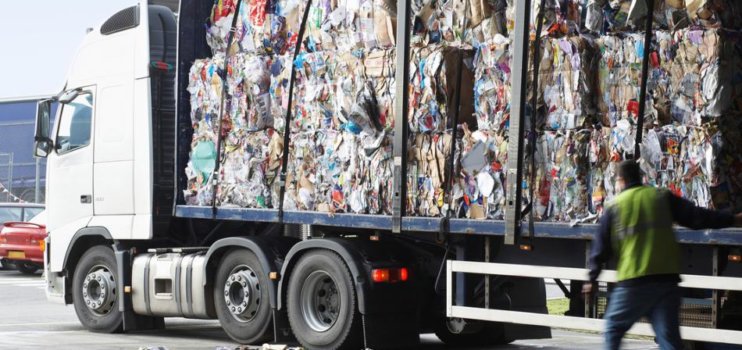Is there a ‘best’ structure for a Supply Chains group? What organisation structure can work best for your Supply Chains group? Either a Centralised or Decentralised structure is the obvious approach, but do these consider the multiple functions in and supporting supply chains? A Centralised supply chain model is best suited when the products generated from each business unit are … Read More
Measure the Bullwhip effect in Supply Chains Planning
Demand Amplification Amplification of demand through a supply chain exists when the orders placed on suppliers have a higher variability than for sales made to buyers. Although this has existed for a long time, it was formalised in the late 1950s by Jay Forrester, and later promoted as the ‘Bullwhip’ effect by Hau Lee in the 1990s. The main causes … Read More
Reduce waste for Sustainability through Supply Chains
Waste happens When waste is discussed, it typically refers to waste generated within a business. However, an increasing requirement for Sustainability of organisations means that the waste of time and materials must include that occurring throughout the supply chains. The extent of the challenge can be assumed to be large, but is dependent on the industry sector and the strategies … Read More
How to ‘understand’ suppliers through your supply chains
Understand suppliers Supply Chains cannot be managed. Instead, the role of supply chain professionals is to understand supply chains and the likely actions of suppliers and providers of supply chain services. But what does ‘understand’ mean? It relates to understanding the likely behaviour and response of businesses to unplanned occurrences in their supply chains. How much the responses are likely … Read More
The requirement to map your Supply Chains is approaching
ESG approach to manage risk The previous blogpost discussed three aspects of Sustainability built into government regulations. In the EU regulation, Sustainability is focussed on the ESG elements of environmental (e.g. climate change), social (human rights) and governance (due diligence) that requires a business to identify, manage and mitigate risks in its value chains. The ESG risk reduction approach to understanding … Read More




